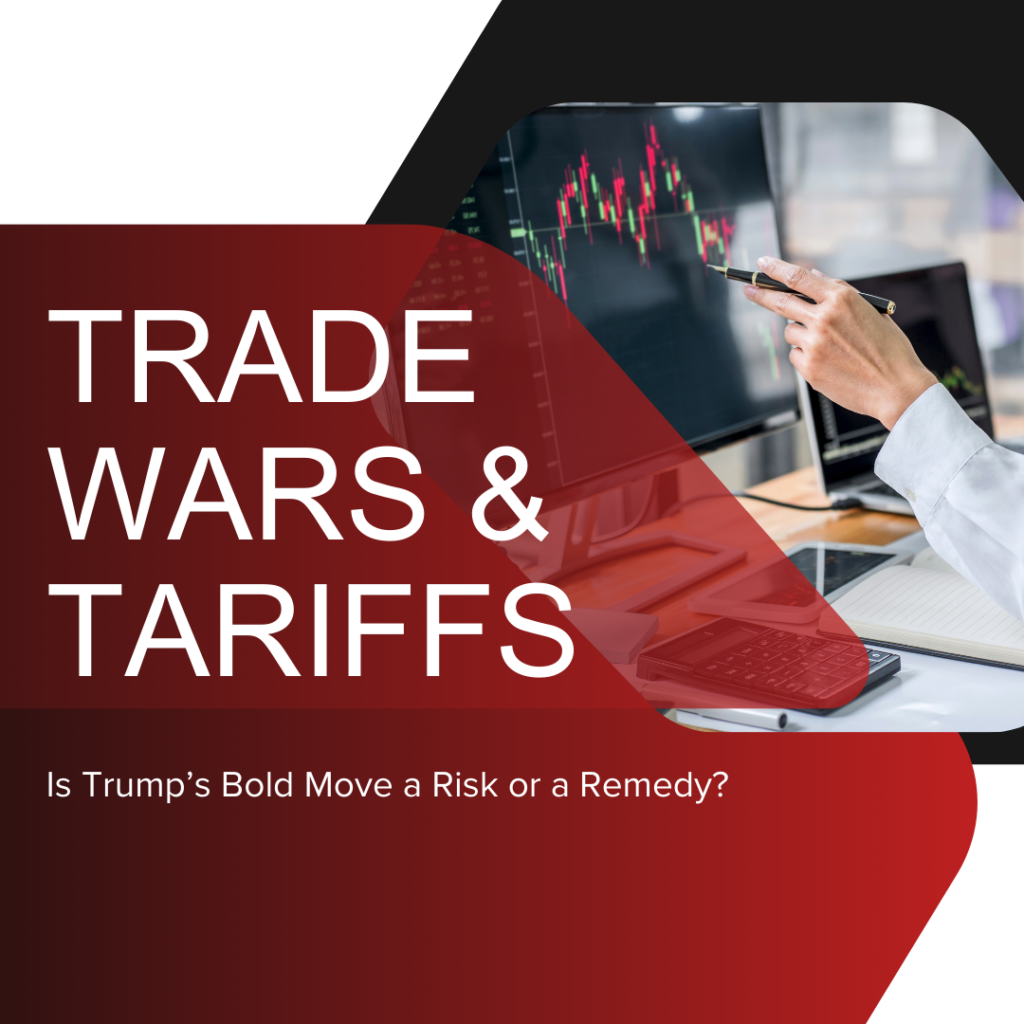The global economy has been rocked by rising trade tensions, with the United States at the core of the Trump administration’s tariff-driven policies. Tariffs intended to defend domestic businesses and reduce trade imbalances have provoked heated discussion about their long-term implications.
The Roots of the Trade War
The United States-China trade war began in 2018, when US President Donald Trump slapped tariffs on Chinese goods, citing unfair trade practices, intellectual property theft, and a growing trade deficit. In return, China imposed counter-tariffs on US goods, hurting industries ranging from agriculture to technology.
While China was the major target, other trading partners such as the European Union, Canada, and Mexico faced higher tariffs, causing tremors across global supply networks.
Impact on the Global Economy
The trade war produced mixed results. While some American companies gained from less competition, others suffered owing to rising input costs and retaliatory measures. The price increases disproportionately affected small firms and individuals, generating concerns about inflation and decreasing spending power.
Globally, the uncertainty created by these measures disrupted markets, hindered international trade, and strained diplomatic ties. Countries that rely on exports, notably in Asia, have seen substantial economic slowdowns.
Risk or Remedy?
Supporters believe that Trump’s tariffs leveled the playing field, giving American businesses a competitive advantage while maintaining national security concerns. Critics argue that these restrictions risk alienating friends, slowing global economic growth, and undermining the rules-based trade system created by organizations such as the World Trade Organization (WTO).
Looking Ahead
As politicians strike a difficult balance between protectionism and globalization, businesses and trading corporations modify their risk-mitigation techniques. Many investors are resorting to innovative trading techniques and technologies to get an advantage in unpredictable markets.
Businesses may optimize trading tactics, respond to shifting trade dynamics, and efficiently manage risks associated with tariffs and trade conflicts by using prop firm technology and implementing FX solutions for proprietary firms. These solutions enable businesses to remain resilient and grow despite global crises.

